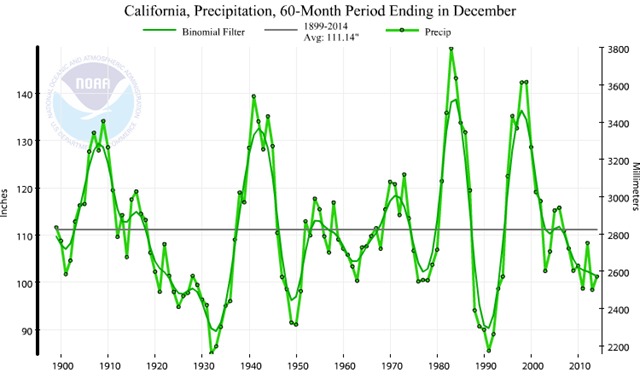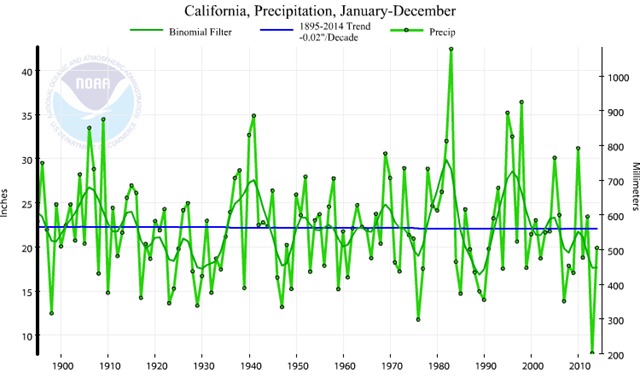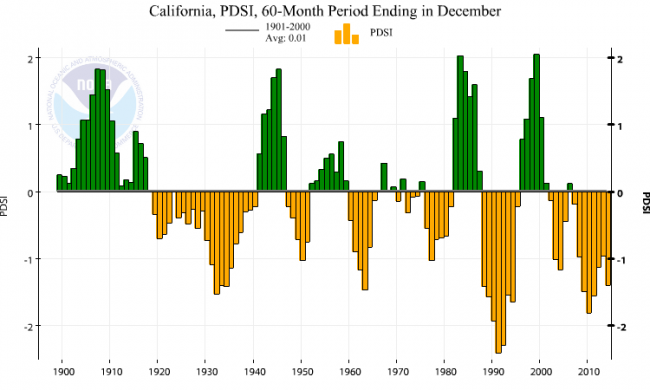This article on bad bipartisan energy laws and regulations from Master Resource brought back some old memories of the 1970s.
Folks who are at all economically literate understand the role that government price controls (specifically price caps) had on gasoline shortages in the 1970s. When there was a supply shock via the Arab oil embargo, prices were not allowed to rise to match supply and demand. As in the case of all such price control situations, shortages and queuing resulted.
It is too bad in a way that most folks today can't really remember the gas lines of 1973 and again in 1978. It was my job in 1978 as the new driver in the family to go wait in line for gas for all the family cars. I wasted hours and hours sitting in gas lines. I wonder if anyone has every computed the economic value of the time lost to Americans sitting in gas lines because politicians did not want the price to rise by 20 cents.
A number of my friends who knew my dad was an Exxon executive were surprised at my waiting in lines, and wondered why we didn't get some sort of secret access to gas. But my family waited in lines like everything else.
Well, almost like everyone else. Because of my dad's position, we did have a bit of information most people did not have, at least in the first shock of 1973. It was not a secret, it was just totally unreported in the media. The key was the knowledge of a piece of Congressional legislation called the Emergency Petroleum Allocation Act of 1973. It had an enormous impact on exacerbating the urban gas lines, but either out of a general ignorance or else a media/academic desire not to make government regulation look bad, it is as unknown today as it was unreported in 1973.
What the law did was this -- it mandated that oil companies distribute gasoline geographically in the US in the same proportion that it was sold in the prior year. So if they sold x% in area Y last year before the embargo, x% must be distributed to area Y this year after the embargo. I can't remember the exact concern, but Congress had some fear that oil companies would somehow respond to price signals in a way that caused gasoline allocations to hose someone somewhere.
Anyway, the effect was devastating, probably even worse than the effect of price controls. The reason was that while Congress forced gasoline supply distribution patterns to remain the same as the prior year (in classic directive 10-289 style), demand patterns had changed a lot. Specifically, with the fear that gas might not be available over the road and looming economic problems, people cancelled their summer long-distance driving trips.
Everyone stayed home and didn't drive the Interstates cross-country. So there was little demand for gas at the stations that served these routes. But by law, oil companies had to keep delivering gasoline to these typically rural stations. So as urban drivers fumed sitting in gas lines for hours and hours, many rural locations were awash in gas. Populist Congressmen berated oil companies in the press for the urban gas shortages and lines, all while it was their stupid, ill-considered laws that created a lot of the problem.
So this was the fact that should have been public, but was not: That instead of sitting in urban gas lines for four hours, one could drive 30 minutes into the countryside and find it much easier. Which is what we did, a number of times.
By the way, it was about this time that I read Hedrick Smith's great book "The Russians." It was, for the time, a nearly unique look at the life of ordinary Russians under Soviet communism. I wish the book were still in print (I would love to see one of the free market think tanks do a reissue, at least on Kindle). Anyway, about 80% of the book seemed to be about how individual Russians dealt with constant shortages and ubiquitous queuing. It seemed that a lot of the innovation in the general populace was channeled into just these concerns. What a waste. Dealing with the 1970s gas lines and shortages is about the closest I have ever come to the life described in that book.







